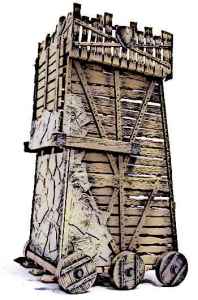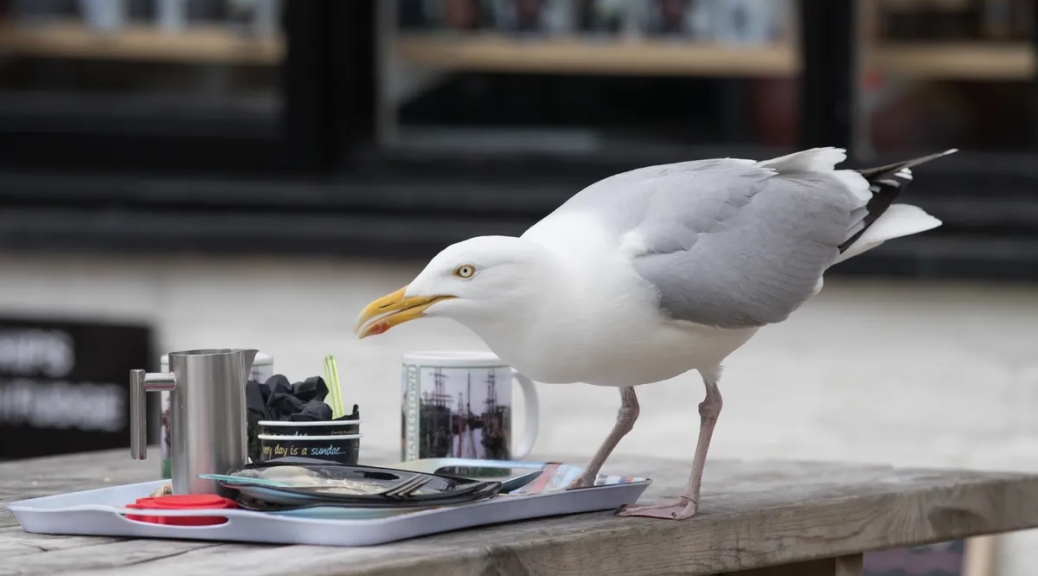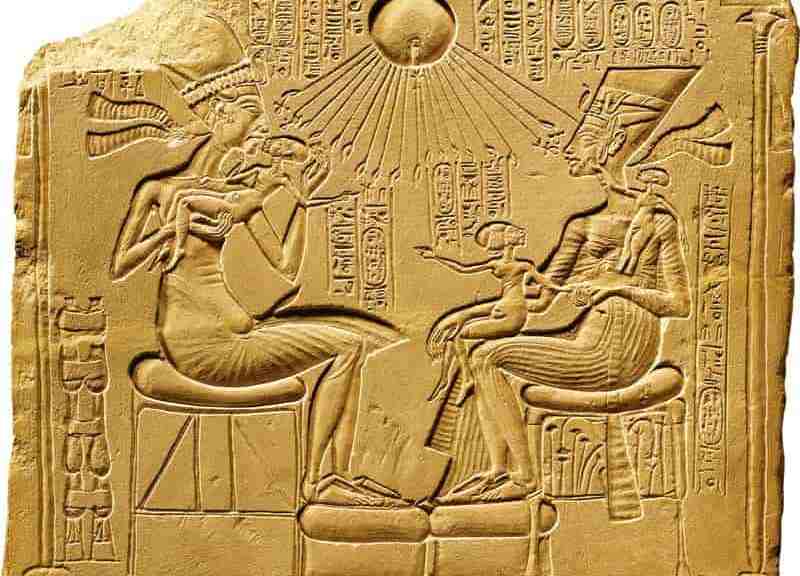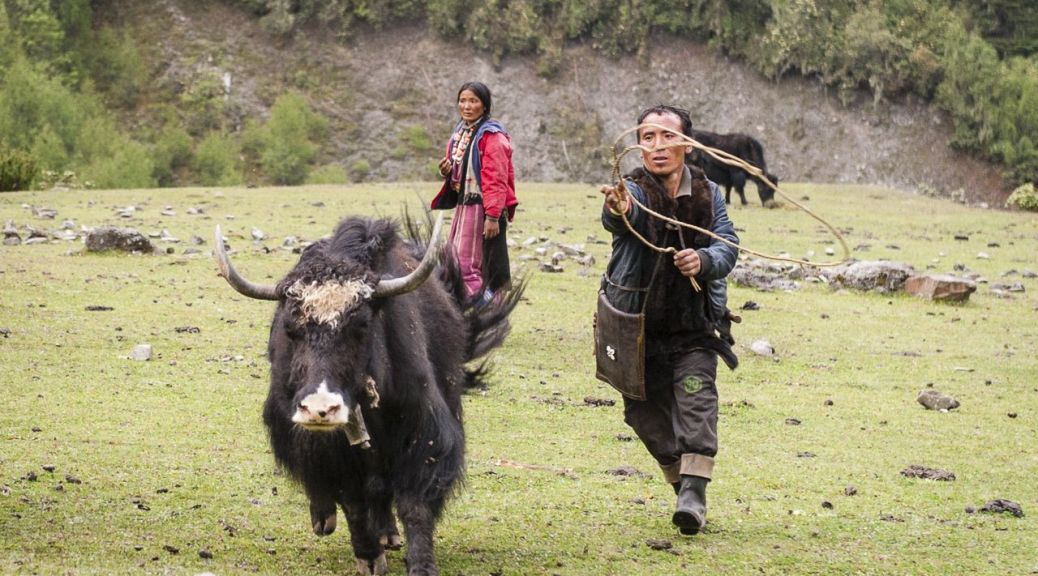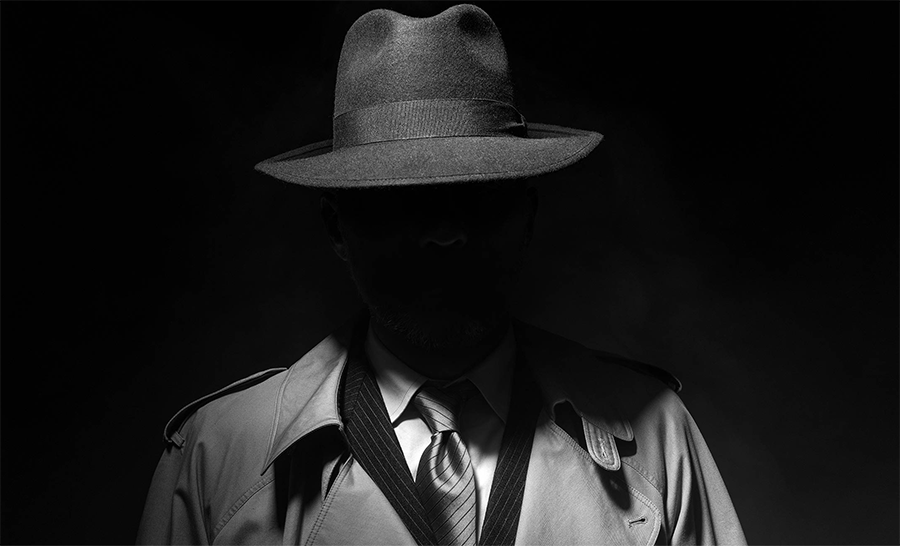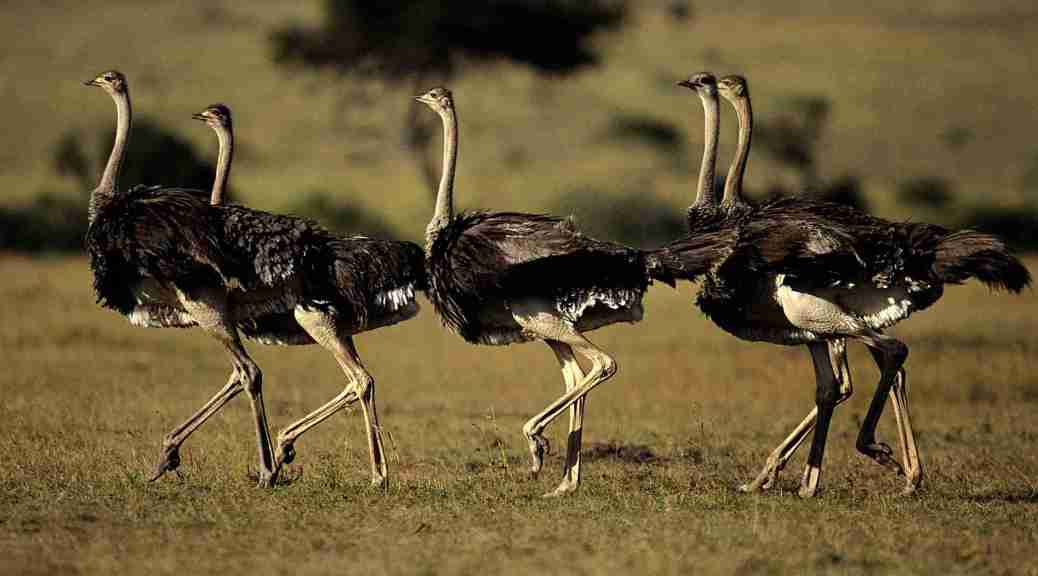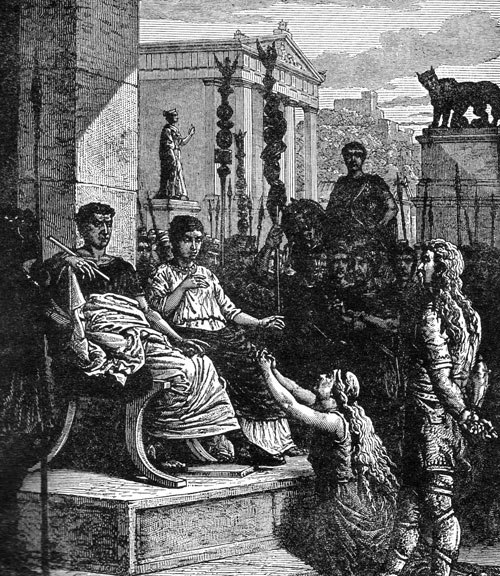Bard spelt backwards is drab,
stab spelt backwards is bats,
knowledge that crawled from your consciousness
slow and slimed as an oil blackened crab,
made you feel flat as a dab on a fishmonger’s slab,
tense as a policeman with a robber to nab,
nervous as a man stranded in the late night city
with no money for a cab,
left with the fact that bard spelt backwards is drab.
You never failed for you never tried.
You drifted in with the tide,
grew rough as the sea you lived beside,
below the sky stretched too wide.
One man’s wisdom
is another man’s mumbo jumbo.
One man’s heaven
is another man’s state of limbo.
One sign says stop
while another sign says you can go.
One sign says wait
while another sign says move on slow.
One man’s shadow
is another man’s open window.



